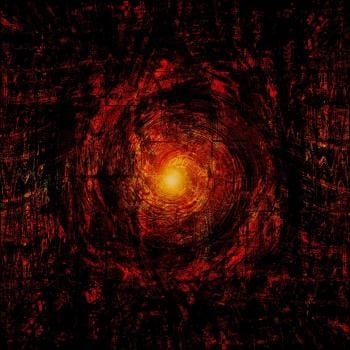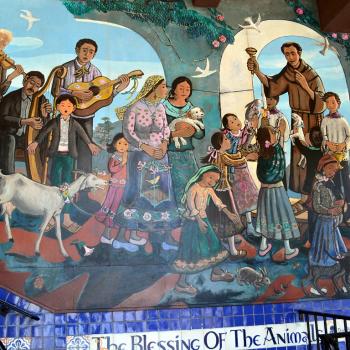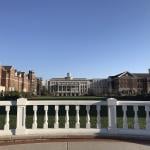The abyss that is my soul invokes unceasingly The abyss that is my God. Which may the deeper be?[1] We cry out day and night, suffering with poverty of spirit. Where is God? Why do we feel so empty? But is that the foundation of blessedness, to be poor in spirit? “Blessed are the poor in spirit, for theirs is the kingdom of heaven” (Matt. 5:3 RSV). It’s because we try to possess God, to hold onto him, that he... Read more
















